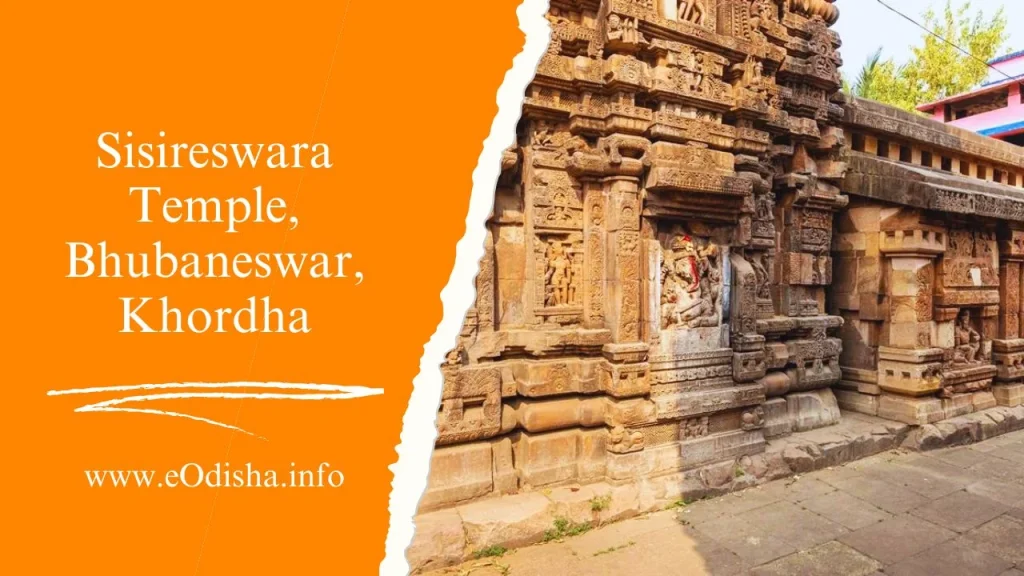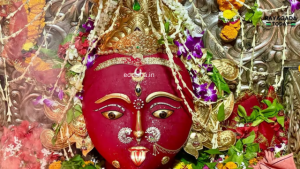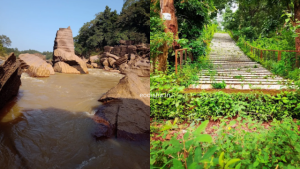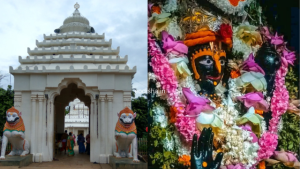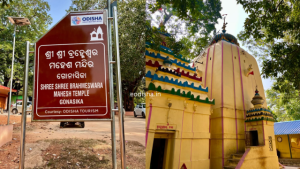Sisireswara Temple, nestled in the heart of Bhubaneswar, Khordha, is a serene haven for spiritual seekers and history enthusiasts alike. This ancient temple, dedicated to Lord Shiva, exudes an aura of tranquility amidst lush greenery. Visitors are enchanted by its peaceful ambiance and captivating architecture.
Contents
History of Sisireswara Temple
Dating back centuries, Sisireswara Temple holds a storied past steeped in myth and legend. According to local lore, it was built by King Lalatendu Keshari during the 8th century AD.
Over the years, it has endured various renovations, each contributing to its unique architectural blend of Kalinga and Dravidian styles. Devotees flock here to seek blessings and immerse themselves in the spiritual aura.
Best Things to Do
- Offer Prayers: Experience a moment of serenity as you offer prayers to Lord Shiva in the sanctum sanctorum.
- Explore Surroundings: Take a leisurely stroll around the temple complex amidst verdant gardens and ancient sculptures.
- Attend Rituals: Witness the traditional rituals and ceremonies that take place daily, immersing yourself in the rich cultural tapestry of Odisha.
- Photography: Capture the intricate details of the temple architecture and scenic surroundings to preserve cherished memories.
Why Visit Sisireswara Temple
A visit to Sisireswara Temple promises a soul-soothing experience, away from the hustle and bustle of city life. Here, amidst serene surroundings and spiritual vibes, one can find solace and inner peace. Whether you seek divine blessings or wish to delve into history, this temple offers a perfect retreat for all.
How to Reach Sisireswara Temple
- By Bus: Regular bus services connect Bhubaneswar to major cities. From the bus stand, hire a local taxi or auto-rickshaw to reach the temple.
- By Train: Bhubaneswar Railway Station, located just a few kilometers away, is well-connected to major cities across India.
- By Flight: Bhubaneswar Airport is the nearest airport, offering domestic and international flights.
- By Personal Car/Bike: Navigate through well-maintained roads to reach the temple conveniently.
Where to Stay near Sisireswara Temple, Bhubaneswar
- Hotel Odyssey: Located in the heart of Bhubaneswar, this hotel offers comfortable accommodations and modern amenities.
- Mayfair Lagoon: Indulge in luxury at this upscale resort, nestled amidst lush greenery and serene surroundings.
- Hotel Suryansh: A budget-friendly option offering clean rooms and friendly service, ideal for travelers on a budget.
Nearby Places to Visit
- Lingaraj Temple
- Mukteshwar Temple
- Nandankanan Zoological Park
- Odisha State Museum
- Udayagiri and Khandagiri Caves
- Dhauli Giri Hills
- Ekamra Kanan Botanical Gardens
- Pathani Samanta Planetarium
Conclusion
Embark on a journey of spirituality and discovery as you explore the mystical charm of Sisireswara Temple. With its rich history, serene ambiance, and captivating surroundings, it promises an unforgettable experience for all who seek solace and enlightenment.
Frequently Asked Questions
Can anyone visit the Sisireswara Temple?
Yes, the Sisireswara Temple is open to all visitors regardless of their religious beliefs. It welcomes devotees and tourists from all walks of life.
Are there any specific dress code requirements for visiting the temple?
While there is no strict dress code, it is advisable to dress modestly and respectfully. It is best to avoid wearing revealing or inappropriate attire.
Are photography and videography allowed inside the temple?
Yes, photography and videography are usually permitted inside the temple premises. However, it is recommended to seek permission from the temple authorities before capturing images or videos.
Are there any accommodation options near the Sisireswara Temple?
Yes, Khordha offers a range of accommodation options, including hotels, resorts, and guesthouses, to suit various budgets and preferences.
Can visitors participate in the rituals at the Sisireswara Temple?
Yes, visitors are welcome to participate in the rituals at the Sisireswara Temple. However, it is essential to follow the instructions of the temple priests and respect the sanctity of the ceremonies.

